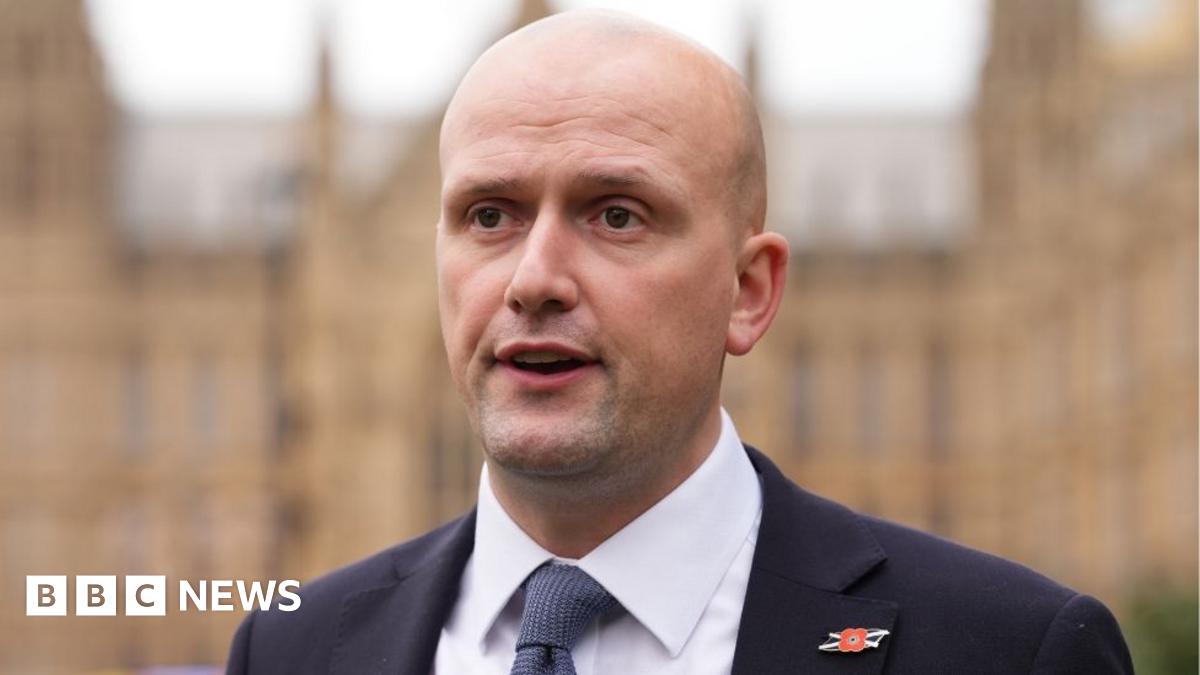Bussiness
Scottish government backs bid to bar dual mandates for MSPs

These amendments barring dual mandates have been penned by a Conservative MSP, in consultation with an SNP minister, and were formally seconded by a Green MSP.
So it seems fairly certain they will pass with overwhelming support in parliament.
Dual mandates have not always been so controversial at Holyrood; John Swinney sat concurrently as an MSP and MP, in line with a number of politicians who made the shift from Westminster to Edinburgh in 1999.
Alex Salmond later managed to combine jobs in both parliaments with a third at Bute House, remaining MP for his first three years as first minister of Scotland.
But attitudes have hardened as Holyrood and its expanding set of powers settled into the political landscape, and came to a head when Stephen Flynn announced he wanted to seek a dual mandate a matter of weeks after being re-elected as an MP.
What the move means for aspiring MSPs in other parliaments is unclear, though. The amendments tabled would “disqualify” members of the Commons or Lords from sitting in the Scottish Parliament, but the exact details will be filled in by regulations later.
So it may ultimately remain up to parties to decide whether MPs have to step down and trigger a by-election immediately after winning a seat in Holyrood, or if – as the SNP stipulated in 2021 – they must resign from their “other” seat in advance and run an all-or-nothing campaign with no safety net.
That is what could be pivotal in the decision-making of MPs like Stephen Flynn.










